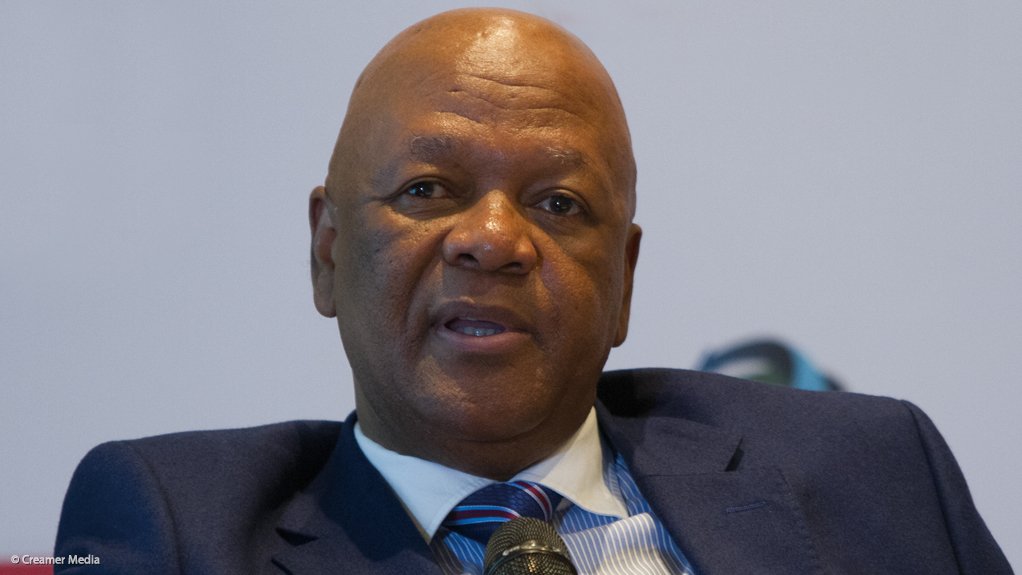I submit - that the world is changing at an incredible pace. Last year at WEF we underscored the fact that the world is undergoing a Fourth Industrial Revolution. The jobs that have driven rapid economic development in the past, from agriculture to light manufacturing, are disappearing and the jobs of the future will be ever more technology-intensive – requiring a higher-skilled workforce. To access these jobs, people will need skills to be able to analyze, adapt, problem solve, manage and work in an increasingly connected way. There is therefore no more time to lose and this discussion comes at a very opportune moment.
Most countries today are competing in a knowledge-based global market, where the key differentiators are skills, expertise, know-how and the ability to deliver excellent services speedily, with agility and efficiently.
In other words, and for every country, economic competitiveness increasingly depends on the quality of our education systems.
What are the global lessons in Skills Development?
What have other countries done that has worked?
- First, begin early, in the first few years of life; as well as introduce literacy and soft skill development modules in schools. In most African countries, large numbers of school-goers drop out early; and large parts of the workforce have little knowledge and few skills that would make them more employable. Early childhood interventions can make a huge difference. Introducing modules focused on literacy and soft skills as part of basic and secondary education and training programs can also help break the vicious circle of the unskilled being trapped in jobs that require fewer skills, and establish accessible pathways for acquiring skills.
- Second, Government has a critical role to play, mainly in regulation, standard setting, Monitoring and Evaluation (M & E), and the financing of skills development. Also, M&E plays an important role in the design and delivery of skills programs. I cannot stress this enough. Always evaluate programs, and feed these lessons back to policymakers so that they can make informed decisions about improving the design and implementation of programs. The effectiveness of the skills development programs I have mentioned above has been driven by strong M & E systems.
- Third, ensure stakeholders play a critical role in system. Stakeholders should have an important voice at the table at the policy level and be involved in decision making at the institutional level.
- Fourth, raising the productivity of the informal sector is important. We need to find mechanisms to unlock and open up a stronger informal sector, and ensure that we enhance their productivity through skills development will lead to faster economic growth.
We are all eminently aware that competing in todays’ globally interconnected, and almost, daily shifting, economy is a complex affair. Our countries not only need advanced education both technical and vocational-it needs dynamic, fast paced and ever evolving skills, and also, a flexible workforce that can adjust to these rapid shifts in demand.
That is why investing in education and skills, the right skills, I must add, has become such a vital element to a country’s economic growth, development and competitiveness. What may these ‘’right skills’’ be? Whom amongst us know in which areas they will produce ‘bang for our buck’, relative to our respective economies, and will it yield the desired economic benefits-of inclusive growth and development that we all so desperately desire?
In such an acutely dynamic fast paced world education systems must be oriented towards producing skills and young people who have both strong foundational skills as well as specific skills for jobs. What, therefore, should be the basis of a more informed and urgent public narrative on education and skills be?
We know that the demand for job-specific skills has been growing around the world. Globally, corporates suggest that the quality and supply of skilled labor is a major binding constraint to growth. Employers around the world are also suddenly demanding that new hires have both technical and “soft” skills that should have been acquired earlier on in their educational foundational phases. Thus, we are required to rethink, more purposefully and deliberately, the inter, and intra-dynamics and relationships between education and skills and jobs.
EMAIL THIS ARTICLE SAVE THIS ARTICLE ARTICLE ENQUIRY
To subscribe email subscriptions@creamermedia.co.za or click here
To advertise email advertising@creamermedia.co.za or click here











